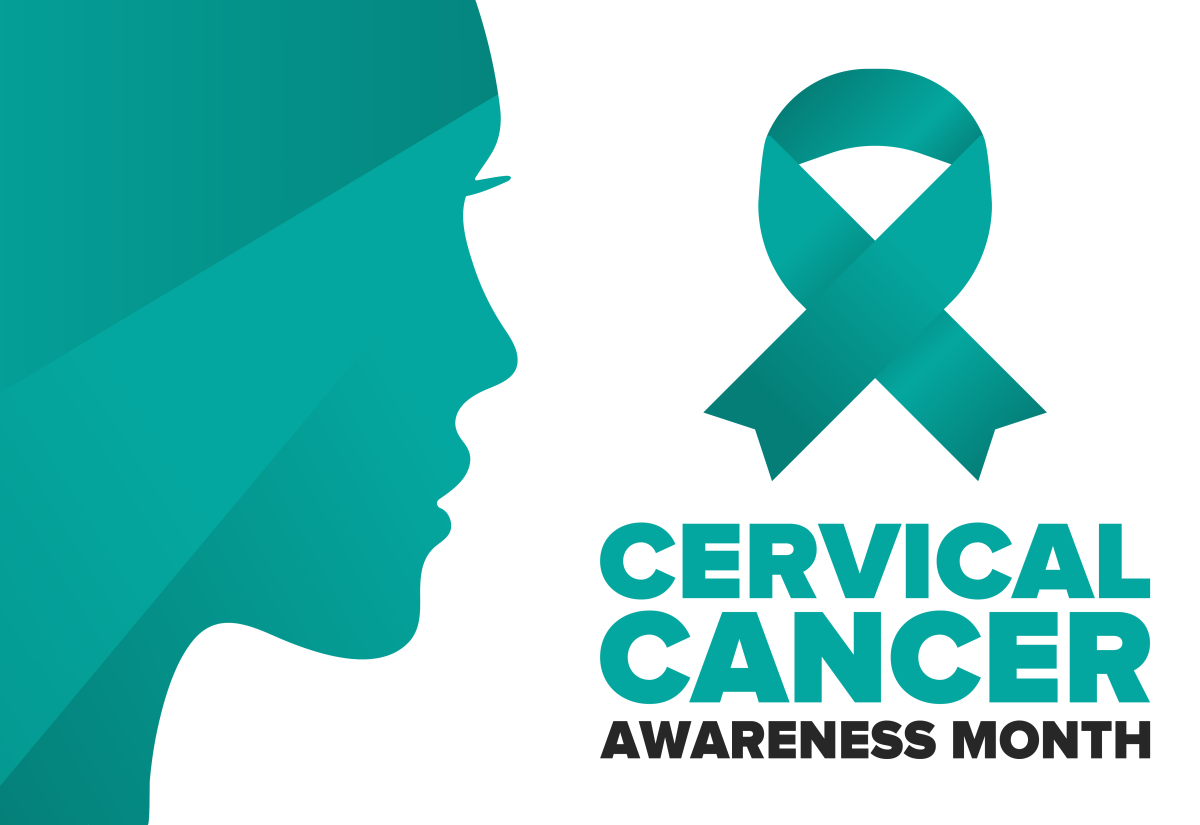Activities to Raise Awareness and Increase Screening Rates to Tackle Cervical Cancer
By: , April 27, 2024The Full Story
The Ministry of Health and Wellness has launched a series of initiatives aimed at raising awareness and increasing screening rates to combat cervical cancer.
These include intensified screening efforts at health centres, community health fairs, and corporate wellness programmes.
Live interactive sessions are also being planned for the Ministry’s Instagram page, where information will be provided by experts who will be on hand to address questions about screening and vaccination.
Persons who are interested in getting screened may access free pap smear tests at health centres across the island.
The activities are being staged across the island throughout April, which is being observed as Cervical Cancer Awareness Month.
Cervical cancer, which is the third most common cancer among Jamaican women, claims the lives of many each year, making it the second leading cause of cancer related deaths among women in the country.
However, it ranks sixth in overall cancer cases and fifth in cancer related deaths among Jamaicans.
In an interview with JIS News, Programme Development Officer – Cancer, in the Non-Communicable Diseases and Injury Prevention Unit at the Ministry, Dr. Gail Evering-Kerr, said that the statistics underscore the urgent need for action, which can be effective with concerted efforts.

Dr. Evering-Kerr also emphasised the importance of understanding the root cause of cervical cancer, as this is also key in prevention efforts.
“Most cases of cervical cancer are caused by the human papillomavirus (HPV), the most common sexually transmitted infection; however, the good news is that cervical cancer is preventable and curable,” she said.
Dr. Evering-Kerr highlighted Jamaica’s targets which are aligned with the World Health Organization’s (WHO) aim of cervical cancer elimination by 2030.
The 90/70/90 target, she noted, outlines a comprehensive approach – ensuring 90 per cent of girls are fully vaccinated against HPV by the age of 15; encouraging 70 per cent of women to undergo screening by ages 35 and 45, and providing prompt treatment for 90 per cent of women diagnosed with abnormal cells or cancer.
“Our focus is on raising awareness and increasing screening rates. We want everyone to know that through vaccination, regular screening, and timely treatment, we can eliminate cervical cancer as a public health concern,” Dr. Evering-Kerr said.




